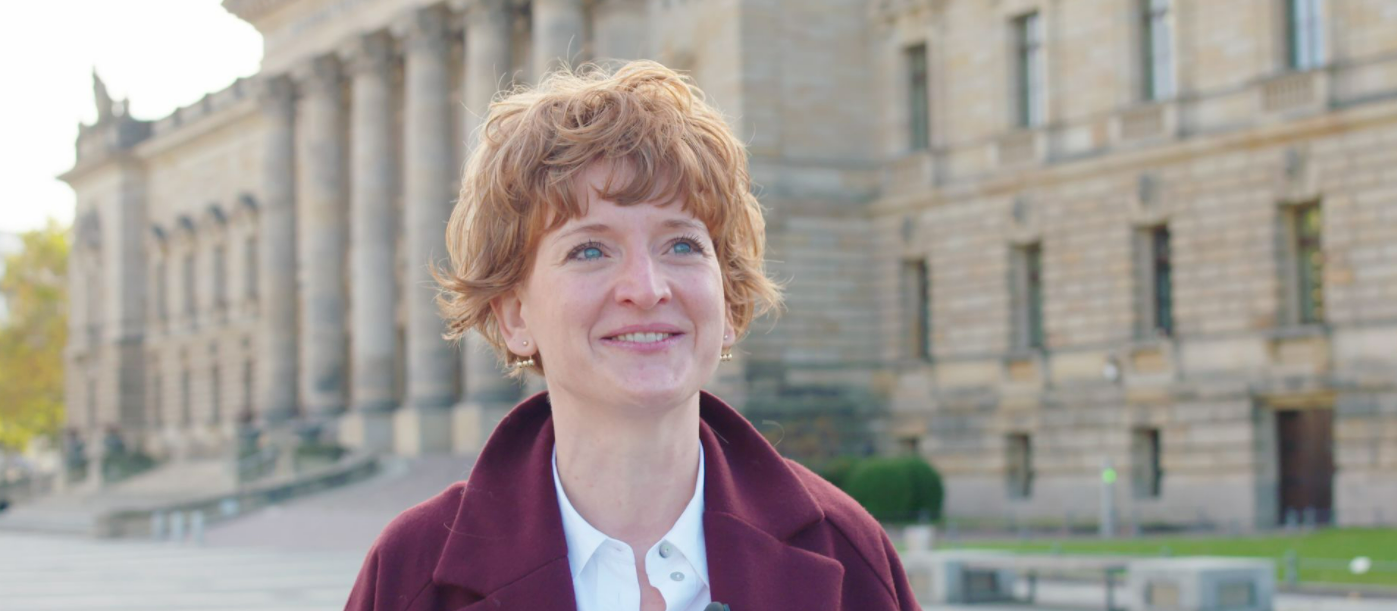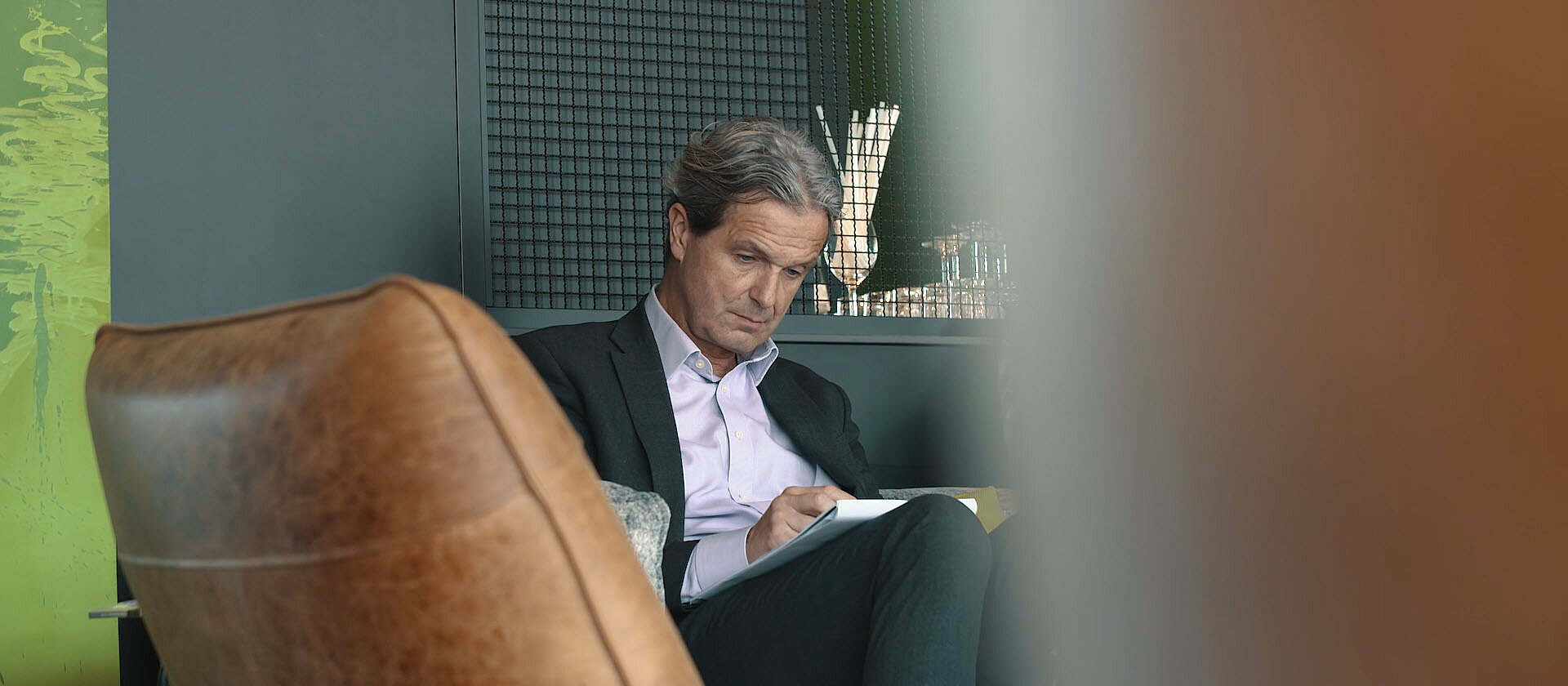Sanctions and Embargos – 5th Berlin meetings of GvW Graf von Westphalen about the topic of export controls
Companies need reliability and foreseeability when applying embargos with regard to countries and persons. The participants in the 5th Berlin discussions conducted by GvW Graf von Westphalen drew this conclusion yesterday. Together with the Deutsche Industrie- und Handelskammertage e.V. (DIHK – Association of German Chambers of Industry and Commerce), the law firm invited experts from the export field to the German Parliamentary Society on the occasion of the Europa convention on 9 May in order to discuss sanctions and embargos as a means of international export control policy.
The main emphasis of the discussion was the issue about how the need for security can be sensibly reconciled with free trade. The issue is of extreme importance for German industry in light of worldwide terrorism and numerous crisis areas, particularly since the sanctions also can involve goods which do not represent a direct, military threat.
After Alexander Gamal Radwan, member of the Foreign Relations Committee of the lower house of the German Parliament outlined in his keynote address the foreign policy situation, Dr. Werner Schnappauf, GvW partner and former state minister led the discussion between the speakers and the audience through three areas. What is the current situation in countries with existing sanctions such as e.g. Russia? What does the loosened Iran embargo mean for the German economy? How can companies protect themselves using export compliance?
The participants in the panel were Dr. Arnold Wallraff, president of the Federal Office for Economics and Export Controls (BAFA), Dr. Bernhard Schlagheck, responsible for export controls in the Foreign Office, Dipl. Ing. Martin Johannsmann, Chairman of the Executive Board of SKF Marine GmbH as well as Dr. Lothar Harings, GvW practice group head in the area of customs and foreign trade law. Marian Niestedt, a specialist at GvW in foreign trade and customs law gave the welcoming address.
GvW was designated in the JUVE hand book for Commercial Law Firms 2015 as one of two “leading foreign trade law practices in the market” in Germany in the area of exports. In addition to export controls and the law governing sanctions, the nine person foreign trade team of attorneys in the law firm deals especially with the areas of customs, anti-dumping, foreign trade, the law of the WTO, value added tax law and consumer tax law as well as energy tax law (more). Dr. Lothar Harings and Marian Niestedt are listed by JUVE as “leading names” in export control law.
News
Federal Administrative Court: Fehmarn Belt Fixed Link may be built
The Federal Administrative Court has dismissed all six pending appeals against the planning decision on the Fehmarn Belt Fixed Link. Construction of the tunnel may therefore now also begin in Germany. GvW advised the State of Schleswig-Holstein and was represented by a Hamburg team consisting of Dr Ronald Steiling (lead), Corinna Lindau, Dr Dietrich Drömann, Prof. Dr Christian Winterhoff, Dr Andreas Wolowski, Saskia Soravia, Dr Stefanie Ramsauer, Dr Annika Bleier, Felix Kazimierski and Niclas Langhans. (BVerwG 9 A 6.19, 9 A 7.19, 9 A 9.19, 9 A 10.19, 9 A 11.19, 9 A 12.19 and 9 A 13.19).
H4 Hotel Mönchengladbach at BORUSSIA-PARK: the place for that Bundesliga feeling
Football is king at H-Hotel Group’s new H4 Hotel in Mönchengladbach. Its location right next to the stadium and the theme rooms depicting the history of the Borussia Dortmund football club make this new hotel unique and a must for any football enthusiast. Our lawyers had the pleasure of advising H-Hotels Group on the creation of its first football-themed hotel and took the chance to visit this amazing place shortly after its opening.
Transport System Bögl: new local public passenger transport system a big success in China
The Max Bögl group of companies has developed a new local public passenger transport system. The system called “Transport System Bögl” (TSB) uses magnetic levitation, or “maglev” technology and provides a clean and cost-efficient means of transport for better mobility in inner city areas. The technology is becoming increasingly popular also in other countries: Max Bögl’s most recent export order was the sale of its TSB to China. The company’s plans include building a 3.5 km test track in Chengdu and extensive marketing activities to promote the technology in China – all through a sales partnership with a Chinese company.

You don't want to miss any more of the latest legal developments? And be invited to our events? Then register here.



